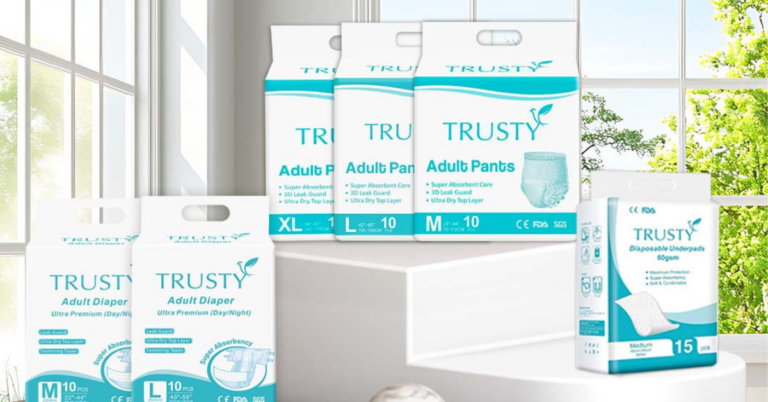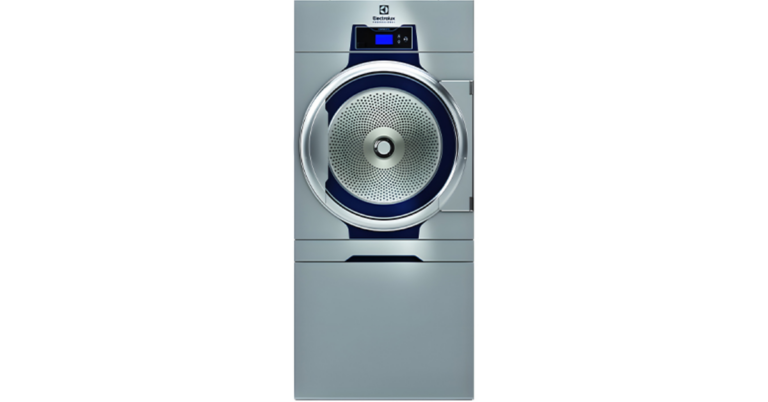Choosing the Right Air Conditioning Units Supplier for Your Needs
In today’s world, where climate control is essential across various industries, choosing the right Air Conditioning Units Supplier can make a significant difference in comfort, efficiency, and cost savings. Whether you’re outfitting a commercial building, a residential property, or a specialized environment like a marine vessel or cruise ship, having a reliable source for air conditioning units is crucial. The right supplier ensures high-quality products, ongoing support, and system reliability, which are essential for maintaining a comfortable indoor atmosphere and ensuring the longevity of your equipment.
Why the Right Supplier Matters
When investing in air conditioning systems, many buyers focus solely on the brand or the price of the units. However, the supplier’s role is just as important. A good Air Conditioning Units Supplier does more than sell equipment—they offer guidance, technical expertise, and after-sales support that can save you both time and money in the long run. From system selection and installation support to maintenance and repair services, the supplier is an integral part of your HVAC (Heating, Ventilation, and Air Conditioning) solution.
Key Factors to Consider When Choosing a Supplier
1. Product Variety and Availability
A top-tier supplier will offer a wide range of air conditioning systems, including central air systems, split units, ductless systems, and specialized climate control units for unique environments like marine vessels. Having access to multiple product lines from reputable brands gives you the flexibility to choose a unit that perfectly fits your requirements—whether you’re concerned about energy efficiency, cooling capacity, or installation constraints.
2. Technical Expertise
Air conditioning systems are complex machines that require careful selection based on building size, insulation levels, occupancy, and local climate. A professional Air Conditioning Units Supplier brings deep technical knowledge that helps you choose the right system. They can conduct cooling load calculations, suggest energy-efficient options, and advise on optimal placement and sizing. This level of expertise ensures that your system runs efficiently and avoids unnecessary energy expenses.
3. Industry-Specific Solutions
Not all environments are the same, and neither are their cooling needs. For example, marine and cruise ship environments face unique challenges due to limited space, salty air, and movement of the vessel. An experienced supplier who understands these conditions will recommend units that are specially designed to withstand such challenges. Whether it’s corrosion-resistant components or compact designs suited for tight quarters, a specialized Air Conditioning Units Supplier can deliver industry-specific solutions that general suppliers cannot.
4. Customer Support and After-Sales Service
Air conditioning systems require regular maintenance to function properly. Look for a supplier who offers strong customer support, extended warranties, and maintenance services. Some suppliers even provide installation training or partner with certified contractors to ensure your system is installed correctly the first time. The availability of spare parts and a fast response to service requests are also indicators of a reliable supplier.
5. Certifications and Compliance
Ensure the supplier meets industry standards and provides certified products. Compliance with energy efficiency regulations, safety standards, and environmental protocols is essential. Reputable suppliers will offer products that meet certifications such as CE, UL, and ISO, depending on your regional requirements. This not only guarantees the performance of the units but also ensures you’re on the right side of regulatory compliance.
Benefits of Working with a Specialized Supplier
Partnering with a supplier that focuses specifically on air conditioning units, especially for niche markets like maritime applications, offers several advantages:
-
Expertise in Harsh Environments: Marine vessels require units that can handle high humidity, temperature fluctuations, and salt corrosion. Specialized suppliers understand these needs intimately.
-
Tailored Recommendations: They can recommend systems based on the exact layout and requirements of your ship or facility.
-
Enhanced Product Lifespan: Properly selected and maintained equipment lasts longer and performs better.
-
Cost Efficiency: Through proper guidance and support, you avoid unnecessary replacements and inefficient systems, ultimately saving on operating costs.
Sustainability and Energy Efficiency
With the growing concern for environmental sustainability, energy efficiency has become a key consideration in HVAC systems. A reputable Air Conditioning Units Supplier will offer modern units with high SEER (Seasonal Energy Efficiency Ratio) ratings, inverter technology, and eco-friendly refrigerants. By reducing energy consumption and carbon footprint, these systems not only contribute to environmental conservation but also result in significant operational savings over time.
Energy-efficient systems may also qualify for tax incentives, rebates, and green building certifications, depending on your location. A knowledgeable supplier will keep you informed of these opportunities, ensuring that you benefit fully from your investment.
The Importance of Customization
Every facility, whether it’s a hotel, factory, residential building, or ship, has unique cooling needs. A one-size-fits-all approach rarely delivers optimal results. The best suppliers take the time to understand your specific needs, perform site evaluations, and recommend customized solutions that match your requirements. From selecting the appropriate BTU (British Thermal Unit) rating to configuring multi-zone systems, customization plays a critical role in overall system performance.
Common Mistakes to Avoid When Choosing a Supplier
Even with all this information, some common pitfalls can hinder your decision-making process:
-
Focusing Only on Price: Low prices may lead to poor quality or limited after-sales support. Always evaluate total cost of ownership.
-
Ignoring Reviews and References: Always check customer feedback and ask for case studies or references, especially for commercial or industrial installations.
-
Overlooking Warranty and Service Terms: Understand what is covered under warranty and whether the supplier has a service team to support post-installation needs.
-
Neglecting Installation Requirements: Some suppliers sell units without considering the feasibility of installation. Make sure installation support is part of the package.
Conclusion
Finding the right Air Conditioning Units Supplier is not just about selecting a product—it’s about forming a partnership that supports you before, during, and after the purchase. From expert advice and product customization to ongoing support and energy-efficient options, a good supplier adds value every step of the way. Whether you’re managing a commercial facility, residential development, or a marine operation, the right supplier ensures that your cooling systems are reliable, cost-effective, and long-lasting.
Choose a supplier with a proven track record, technical know-how, and a deep understanding of your industry. This strategic decision will ensure comfort, efficiency, and satisfaction for years to come.



